Hey there, friend. If you’ve ever wondered why some new moms feel a deep, lingering sadness that goes beyond the “baby blues,” you’re not alone. The short answer? A mix of hormones, emotions, and everyday life pressures can all play a part. In the next few minutes we’ll untangle those threads, point out the warning signs, and show you where help lives.
Everything you’ll read here is backed by medical experts and real‑life stories, so you can feel confident that you’re getting solid, trustworthy info. Let’s dive in together.
Hormonal Shifts
Rapid drop in estrogen & progesterone
Right after delivery, estrogen and progesterone—those two big hormones that kept everything humming during pregnancy—plummet like a roller‑coaster. That sudden shift can destabilize the brain’s mood‑regulating chemicals, leaving you feeling foggy or tearful for no obvious reason.
According to Healthline, this hormonal crash is a primary driver of postpartum depression symptoms such as mood swings and anxiety.
Thyroid hormone fluctuations
Beyond estrogen, the thyroid can also go off‑kilter. Low levels of thyroid hormones (T3/T4) are linked to fatigue, brain‑fog, and a low mood—symptoms that overlap with postpartum depression.
Stress‑hormone (cortisol) spikes
Having a newborn is a 24/7 job, and the body often reacts by releasing more cortisol. While cortisol helps you stay alert, chronic elevation can contribute to irritability and insomnia, compounding the hormonal roller‑coaster.
Psychological Factors
Previous mental‑health history
If you’ve battled depression, anxiety, or bipolar disorder before, your brain is already primed to react more intensely to hormonal changes. It’s not a flaw—it’s biology meeting history.
Unresolved baby blues
The “baby blues” usually fade within a week or two. When they linger past two weeks, they may be the early stage of postpartum depression. Mayo Clinic notes the importance of distinguishing these two because the latter needs professional care (Mayo Clinic).
Parenting self‑efficacy
Ever feel like you’re not “cut out” for motherhood? That self‑doubt can spiral into guilt and hopelessness, especially when combined with hormonal turbulence.
Social Stressors
Sleep deprivation & infant care demands
Newborns don’t follow a 9‑to‑5 schedule, and the resulting chronic fatigue amplifies mood swings. A simple night‑shift plan with your partner can make a world of difference.
Relationship strain
Couples often discover new fault lines after a baby arrives. A troubled marriage doubles the risk of postpartum depression, according to Harvard Health.
Financial, housing, or work pressures
Money worries, an unstable living situation, or the pressure to return to work can feel overwhelming. Women under 25 with limited resources are 2‑3× more likely to develop postpartum depression (Office on Women’s Health, 2023).
Lack of social support
Friends, family, or community groups act like a safety net. When that net is missing, feelings of isolation can turn a low mood into a full‑blown depressive episode.
Lifestyle Behaviors
Substance use
Many think a glass of wine will smooth the edges, but alcohol can actually worsen anxiety and disrupt sleep, deepening depressive symptoms.
Poor nutrition & vitamin deficiencies
Omega‑3 fatty acids, B‑vitamins, and iron play key roles in brain health. Deficiencies are linked to mood disorders, as highlighted by MedlinePlus.
Excess caffeine & irregular eating
Too much caffeine can keep you jittery, while erratic meals swing blood‑sugar levels, both of which can exacerbate mood swings.
How the Causes Interact
Think of postpartum depression as a perfect storm where hormones, thoughts, and life circumstances collide. Below is a simple visual you could sketch on a napkin—the three circles overlap to show how each domain feeds the others.
| Domain | Key Triggers | Typical Signs |
|---|---|---|
| Hormonal | Estrogen/progesterone drop, thyroid dip | Mood swings, fatigue, sleep changes |
| Psychological | Past depression, low self‑efficacy | Guilt, intrusive thoughts, hopelessness |
| Social/Environmental | Sleep loss, relationship strain, financial stress | Irritability, isolation, anxiety |
When any two or three of these circles intersect, the risk of postpartum depression spikes dramatically. That’s why addressing just one piece—like “just get more sleep”—often isn’t enough.
Early Warning Signs Tied to Specific Causes
Hormonal‑related signs
- Rapid mood swings that feel out of proportion to the situation
- Night sweats or sudden hot flashes
- Persistent fatigue despite sleeping when the baby sleeps
Psychological‑related signs
- Overwhelming guilt about not feeling “instantly loving” toward the baby
- Loss of interest in hobbies you once enjoyed
- Intrusive thoughts about harming yourself or the baby
Social‑related signs
- Feeling isolated even when surrounded by family
- Arguments or tension with a partner about night‑time responsibilities
- Constant worry about finances or living conditions
Treatment Options Aligned with Underlying Causes
Medical interventions
When hormonal imbalance is the main driver, doctors may prescribe SSRIs (selective serotonin reuptake inhibitors) or, in rare cases, low‑dose estrogen patches. The American Psychological Association notes that medication can reduce depressive symptoms for many new mothers (APA).
Psychotherapy
Cognitive‑behavioral therapy (CBT) and interpersonal therapy (IPT) help re‑wire negative thought patterns and strengthen coping skills. Mother‑infant bonding therapy can also repair the emotional distance that sometimes forms during postpartum depression.
Lifestyle & support strategies
- Sleep hygiene: Take turns with a partner for night feeds; use white‑noise machines.
- Nutrition: Aim for balanced meals rich in omega‑3s (salmon, walnuts) and B‑vitamins (leafy greens, legumes).
- Physical activity: Short walks with the stroller release endorphins and improve sleep.
- Social connection: Join a new‑parent group, whether in‑person or online, to share experiences and reduce isolation.
When to seek urgent care
If you notice thoughts of harming yourself or the baby, severe agitation, or signs of postpartum psychosis (hallucinations, delusional beliefs), call emergency services right away. These are medical emergencies that require immediate attention.
Resources & Trusted Places to Get Help
- National hotlines: Suicide Prevention Lifeline – 988 (U.S.)
- Professional directories: Postpartum Support International ( postpartum.net )
- Evidence‑based apps: Moodtrackers that let you log sleep, diet, and mood for patterns
- Local support: Ask your OB‑GYN or primary care provider for a referral to a perinatal therapist.
Conclusion
Postpartum depression isn’t caused by a single thing—it’s a tangled web of hormonal shifts, past mental‑health history, everyday stressors, and lifestyle habits. By recognizing which of these postpartum depression causes are playing a role in your life, you can target treatment more effectively and start feeling like yourself again.
If anything in this article resonated with you, please reach out to a trusted healthcare professional today. You don’t have to walk this path alone, and the sooner you get support, the sooner you and your baby can thrive together.

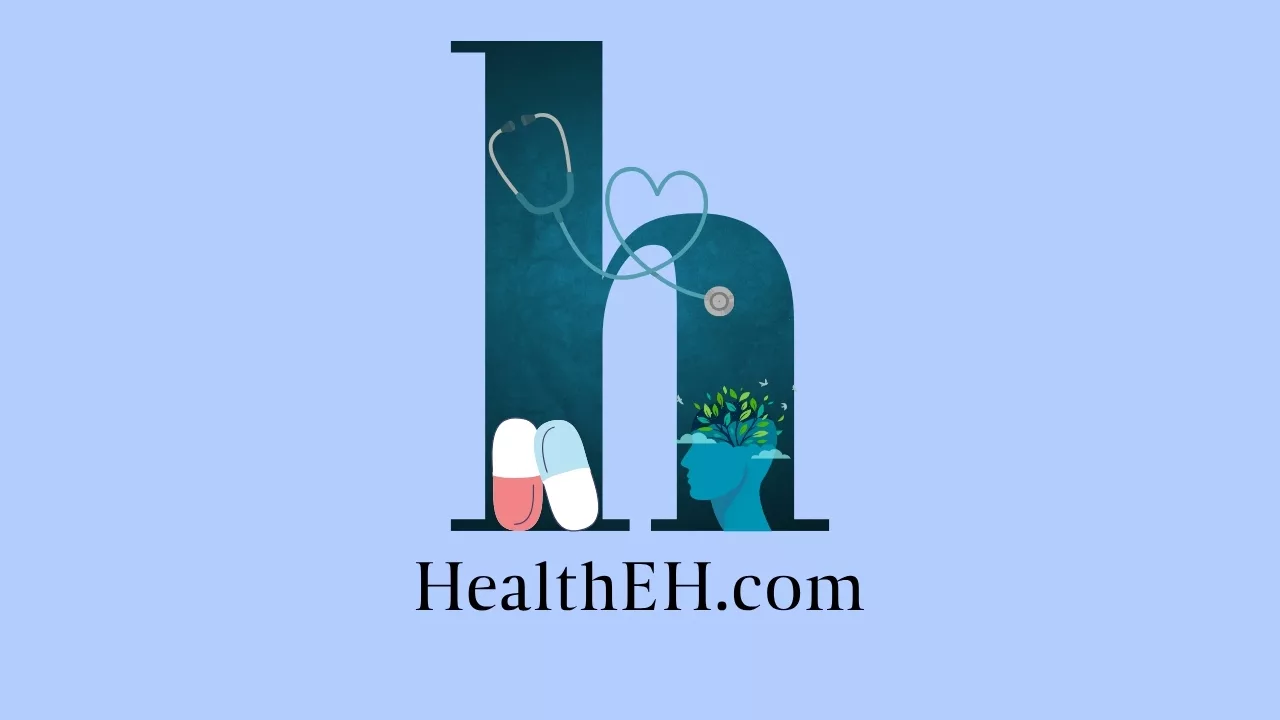




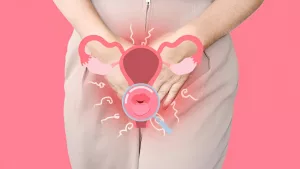

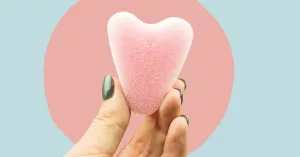
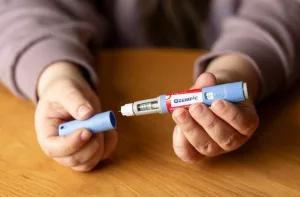
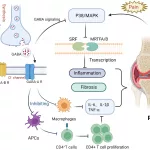



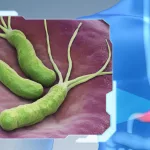








Leave a Reply
You must be logged in to post a comment.